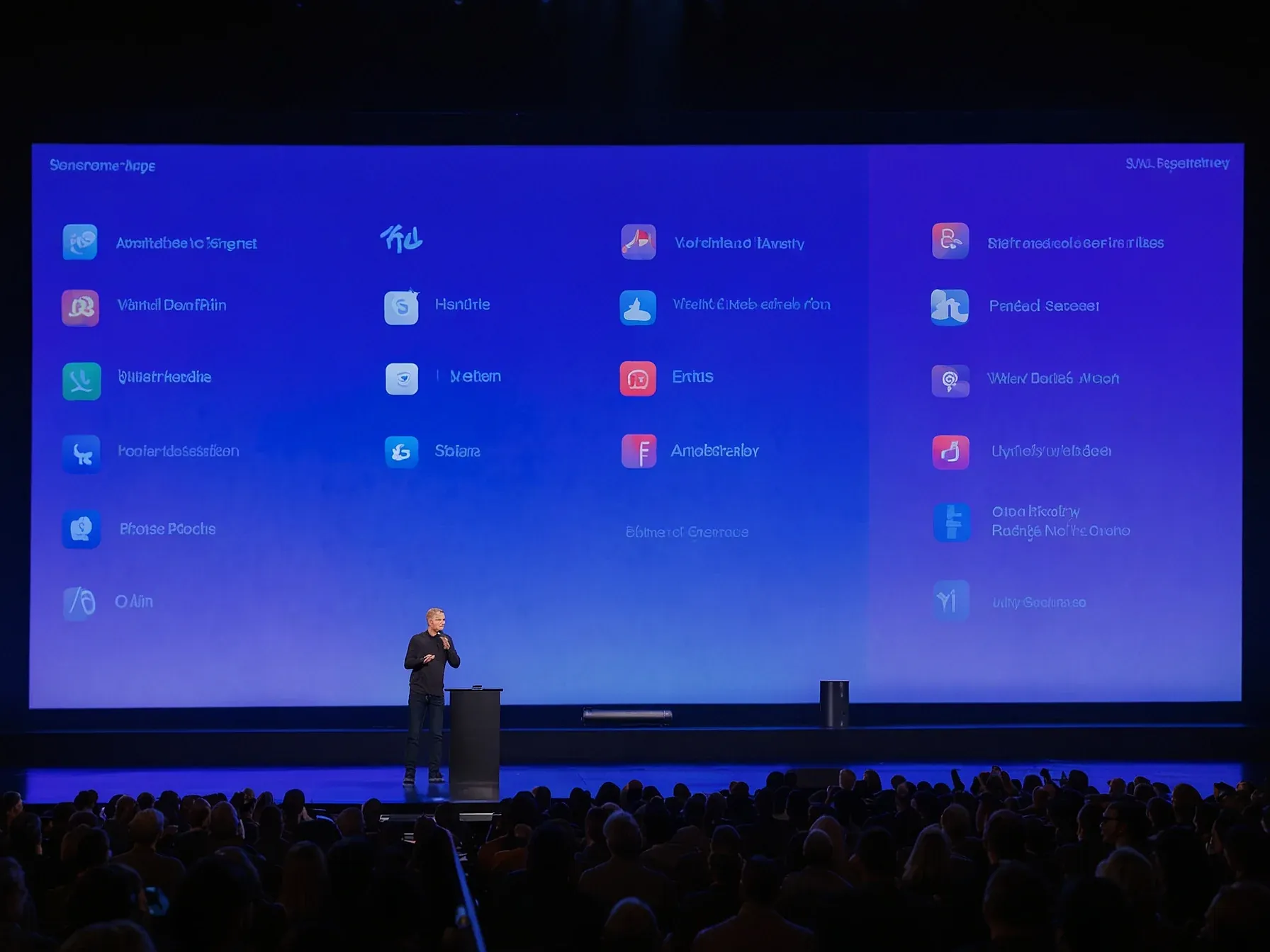Editorial illustration for AI Nutrition Apps Struggle to Track Improvised Home Cooking Meals
AI Nutrition Apps Fail to Track Home-Cooked Meal Variations
AI nutrition trackers fall short for improvising home cooks at dinner
Tracking what we eat sounds simple in the age of smartphone apps and artificial intelligence. But for home cooks who don't follow recipes to the letter, nutrition tracking can quickly become a frustrating guessing game.
Most AI-powered nutrition apps assume meals are precise and predictable. They work great with packaged foods and standard recipes. But real-life cooking is messy, improvisational, and rarely matches digital expectations.
Imagine whipping up dinner after a long workday, tossing in extra vegetables or swapping ingredients based on what's in the fridge. These spontaneous culinary moments confound even the smartest nutrition tracking technology. The result? Users find themselves wrestling with apps that can't keep up with their actual eating habits.
The challenge reveals a critical gap between technological design and human cooking reality. Nutrition apps might be getting smarter, but they're still struggling to understand the creative chaos of home cooking.
And while you can import ingredients from online recipes, that's little help to experienced home cooks improvising a weeknight dinner or substituting ingredients on the fly. To get the most "accurate" and efficient logs, you need to measure out every little thing you eat, avoid eating out, and basically eat the same things every day. It sucks because studies consistently show that keeping a food diary or using digital health tracking tools is linked to greater success in losing or maintaining weight and gaining muscle. That's why we're starting to see health and fitness apps turn to AI to make this process less tedious.
Tracking meals with AI nutrition apps feels like a frustrating puzzle for home cooks. These digital tools struggle to capture the spontaneity of real-life cooking, where recipes morph and ingredients swap on a whim.
The current technology demands near-robotic eating habits. Users must meticulously measure every morsel, stick to predictable meals, and neededly eliminate dining out to achieve "accurate" logging.
This rigidity undermines the very health goals these apps aim to support. Experienced home cooks - who often create delicious, varied meals - find themselves penalized by systems that can't adapt to culinary creativity.
Ironically, food tracking is proven to help with weight management and nutrition goals. But the current AI approaches create more friction than support. They reward bland consistency over the joy of cooking.
The disconnect is clear: nutrition apps are built for perfect, measured scenarios. But real kitchens? They're messy, improvisational spaces where precision takes a backseat to flavor and spontaneity.
Further Reading
- Best Free AI Calorie Tracking Apps 2026: Complete Guide - NutriScan
- The 5 Best Nutrition Tracking Apps of 2026 - Coruzant Technologies
- The Best Nutrition Apps of 2026: Approved by Experts - Fortune
- The Best Meal Planner in 2026 - Valtorian
Common Questions Answered
Why do AI nutrition apps struggle with tracking home-cooked meals?
AI nutrition apps are designed with the assumption that meals are precise and predictable, which doesn't reflect the reality of improvised home cooking. These apps work well with packaged foods and standard recipes, but fail to capture the spontaneity of cooking where ingredients are substituted and measurements are approximate.
What challenges do home cooks face when trying to log their meals in nutrition tracking apps?
Home cooks must meticulously measure every ingredient and avoid eating out to achieve accurate logging, which creates an unrealistic and burdensome tracking experience. The current technology demands near-robotic eating habits that eliminate the natural flexibility and creativity of home cooking.
How do current AI nutrition apps impact users' ability to track their dietary intake effectively?
The rigid tracking requirements of nutrition apps can undermine their health goals by creating frustration and discouraging consistent use. Users find themselves trapped in a system that requires precise measurement and eliminates the spontaneity of real-life meal preparation.




